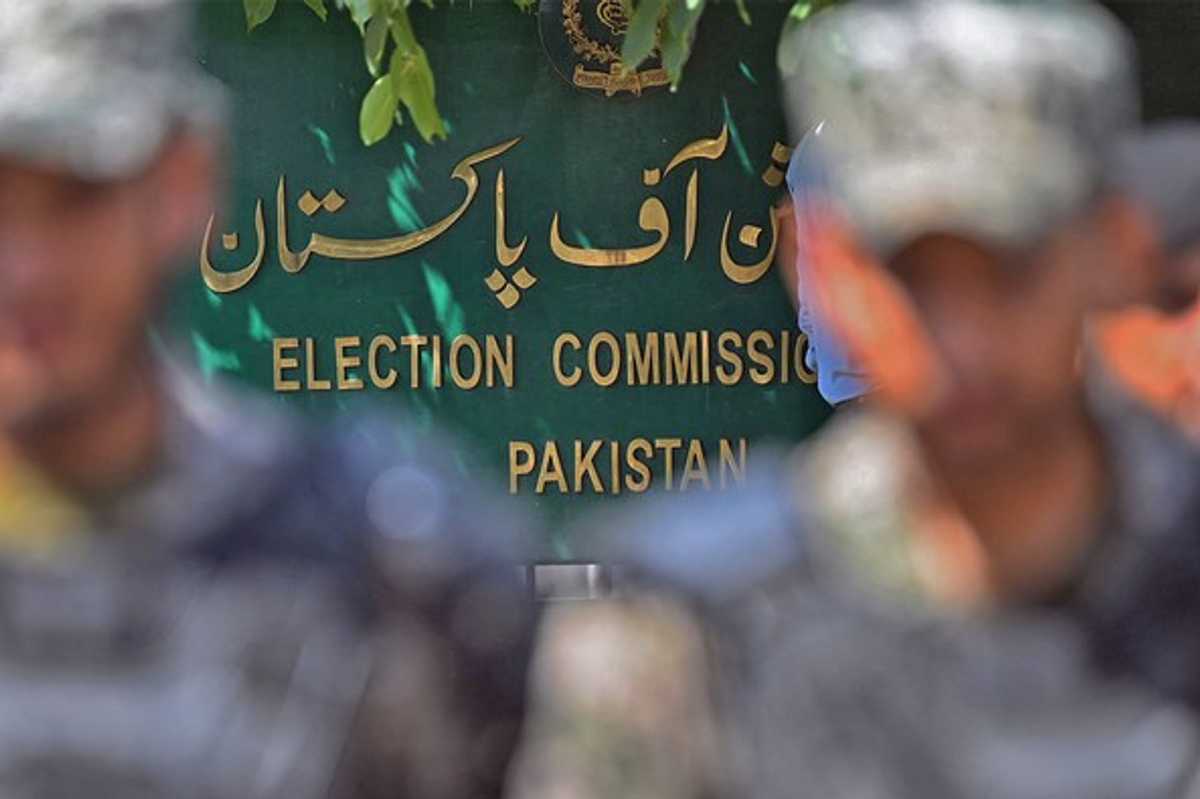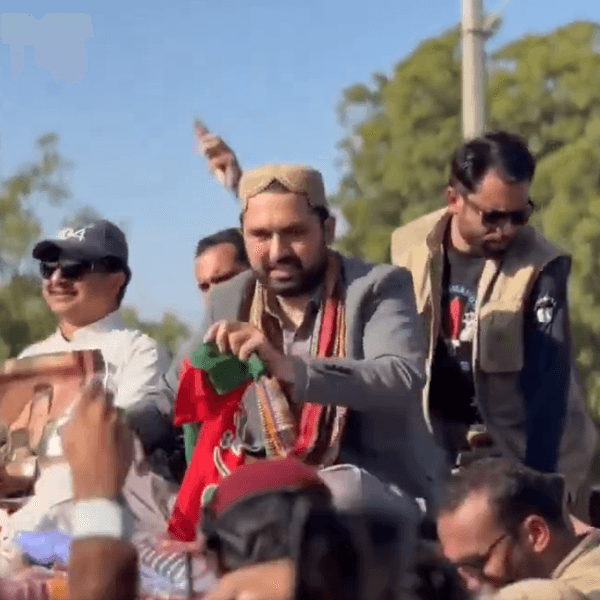Pakistan’s election body, provincial graft watchdog clash over vote-rigging inquiry
Pakistan’s ECP barred a provincial anti-corruption body from probing 2024 poll rigging, but the watchdog has defied the order

Kamran Ali
Correspondent Nukta
Kamran Ali, a seasoned journalist from Khyber Pakhtunkhwa, Pakistan, has a decade of experience covering terrorism, human rights, politics, economy, climate change, culture, and sports. With an MS in Media Studies, he has worked across print, radio, TV, and digital media, producing investigative reports and co-hosting shows that highlight critical issues.

A jurisdictional tug-of-war has erupted in Pakistan after the country’s key electoral body barred a provincial anti-corruption body from investigating alleged rigging in the 2024 general elections - only for the provincial watchdog to reject the order and press ahead with its inquiry.
Mussadiq Malik Abbasi, Anti-Corruption Adviser to the Khyber Pakhtunkhwa (KP) government, dismissed the directive of the Election Commission of Pakistan (ECP), arguing that his department is legally empowered to probe misconduct by provincial officials.
He cited the Elections Act 2017, insisting that once elections conclude, polling staff revert to civil servants under provincial jurisdiction. “Every province retains the authority to investigate misconduct by its own officials,” he said.
The complaint at the heart of the dispute
The row stems from a petition filed on July 7, 2025, by Pakistan Tehreek-e-Insaf (PTI) leader and former KP minister Taimur Saleem Jhagra. He sought an inquiry against the district returning officer (DRO), returning officers (ROs), and presiding officers in Peshawar district over alleged rigging and misconduct during polls.
In September, the KP Anti-Corruption Establishment (ACE) opened an inquiry, summoning over 10 presiding officers from Jhagra’s constituency (PK-79).
The election commission intervened, writing to the KP chief secretary that ACE’s probe was “illegal, unconstitutional, and sub judice before the Election Tribunal.” The ECP maintained that under Sections 55 and 139 of the Elections Act 2017, along with Article 225 of the Constitution, only tribunals can adjudicate election disputes, and all election officials remain under its authority.
Inquiry findings so far
Despite the directive, ACE proceeded. Two of the summoned presiding officers testified that Jhagra’s Form 45 - the polling station-level results - was accurate and signed by them, though they rejected the Form 45 produced by the ECP. Abbasi said these confessions provided “concrete evidence” of misconduct.
Jhagra defended his move, stressing that election tribunals had failed to decide disputes within the 180-day legal limit. “More than 580 days have passed. With tribunals failing to deliver justice, I had no choice but to approach ACE,” he said.
Legal perspectives
The legal fraternity remains divided. Former KP Advocate General Shumail Ahmed Butt backed the ECP’s stance, noting that election officers enjoy indemnity in matters tied directly to elections. But senior lawyer Ali Gohar Durrani countered that once the election schedule ends, officials revert to civil servants, opening the door for provincial probes into misconduct.
Durrani clarified that ACE’s inquiry cannot nullify an election, that power lies solely with tribunals.
Moreover, even if officers confessed before ACE, their statements could not be submitted to tribunals, as the law requires all evidence to be filed at the outset of a petition.







Comments
See what people are discussing